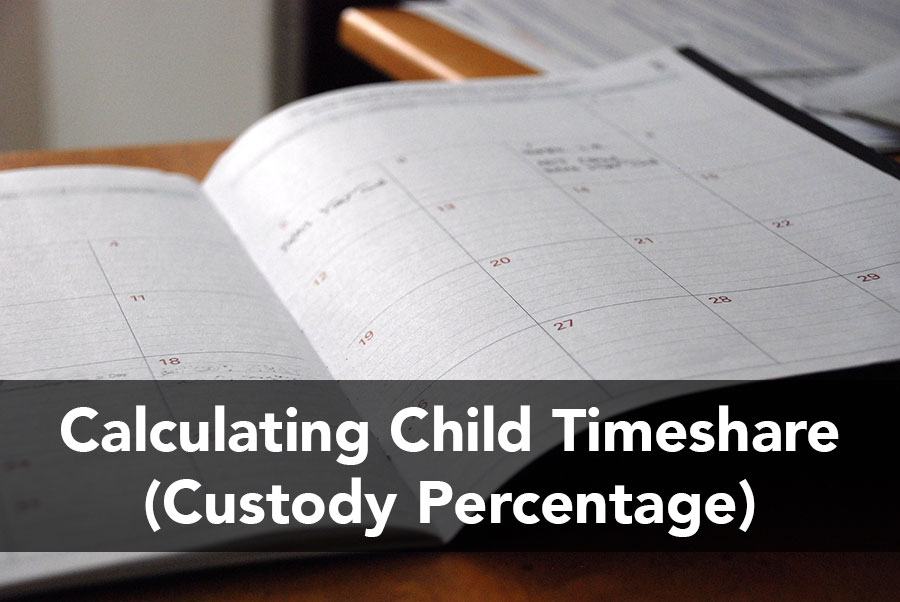Parental Alienation, Work Commitments, and Child Custody
In this article, we’re going to cover 2 topics related to child custody that can appear separately, or as we’ve often witnessed, simultaneously in custody cases.
Parental Alienation
First, some background on parental alienation. It can be one of the most difficult experiences a parent can endure, which is rejection by their child. In cases where contempt and mistrust is present, certain parents may refuse to reasonably communicate, co-parent, and even go as far as alienating the children from the other parent.
In our opinion, any parent, including a mother, who refuses to co-parent and alienates a child should not be allowed joint custody. This can come in many forms, including allegations of physical and psychological abuse, or something as simple as planting a seed related a distortion of reality, “…you know, mommy (or daddy) isn’t a good person and they don’t care for you”.
Parents who engage in this behavior are not acting in the child’s best interest. If the practice continues, it may be damaging to the child’s development, thereby causing a greater division between the non-alienating parent and child relationship.
In a situation where you sense a complete change in behavior from your child, it’s probably wise to enlist the help of a family law attorney who is experienced and knowledgeable in handling these occurrences. A knowledgeable attorney can not only help identify alienation vs. an extended mood swing, but they’ll provide you with available options, including:
- usage of the family law discovery process to investigate possible involvement of your ex,
- requesting that the court order a forensic psychological evaluation (also called a child custody 730 evaluation),
- having the court order a formal child custody investigation.
Given actual alienation is happening, remember that a lack of action on your part will negatively affect the chances of you being able to ever win primary custody of your child.
To make matters worse, children who are consistently alienated from one parent over a period of time may obtain a biased preference. Once the child reaches a certain age (normally age 14), California law allows the child to have a voice in the family law process regarding their custody preference.
Extensive Work Commitments
Your career and its obligations are likely a high priority in your life. In situations where the commitment runs deep with extensive travel and/or extremely long hours, it can have influence on child custody orders but this situation isn’t necessarily a make-or-break aspect.
Although less common than past decades, intensive work commitment scenarios held by the father make up the majority of divorce cases we experience today. Today’s traditional American household still has a father who is employed full time, with a mother who either works part time, or not at all while holding the title of “stay at home mom”.
Keep in mind a custody order with frequent / regular contact does not simply occur because it’s desired. If, during your marriage, you did not spend very much time with your children and do not share a bond, you face a difficult battle if you suddenly wish to get an even custody split after separation from your ex.
For fathers that hold full-time jobs with young children who are not yet in school, the obstacle and fear of not getting quality time with them is an obvious concern. Therefore, it’s important that fathers with busy work schedules obtain a custody and visitation schedule that maximizes the quality time with their children. This schedule would involve any day or time when you’re not working (nights/weekends/etc).
If you travel frequently due to work, flexibility and make up time is a vital part of any custody and visitation schedule. If you are going to miss one or more weeks of time with your children, a custody order can specify how the time will be made up after you return from the trip.
Take work commitments on its own, and add in a spiteful spouse who is planning on alienating the child. It’s easy to see how an intensive work schedule can add fuel to their scheme against you.
If you hold above average commitments at work and are dealing with child custody, feel free to contact us to discuss your situation. It’s better to prevent any potential issues as opposed to dealing with them after they’ve arisen.





